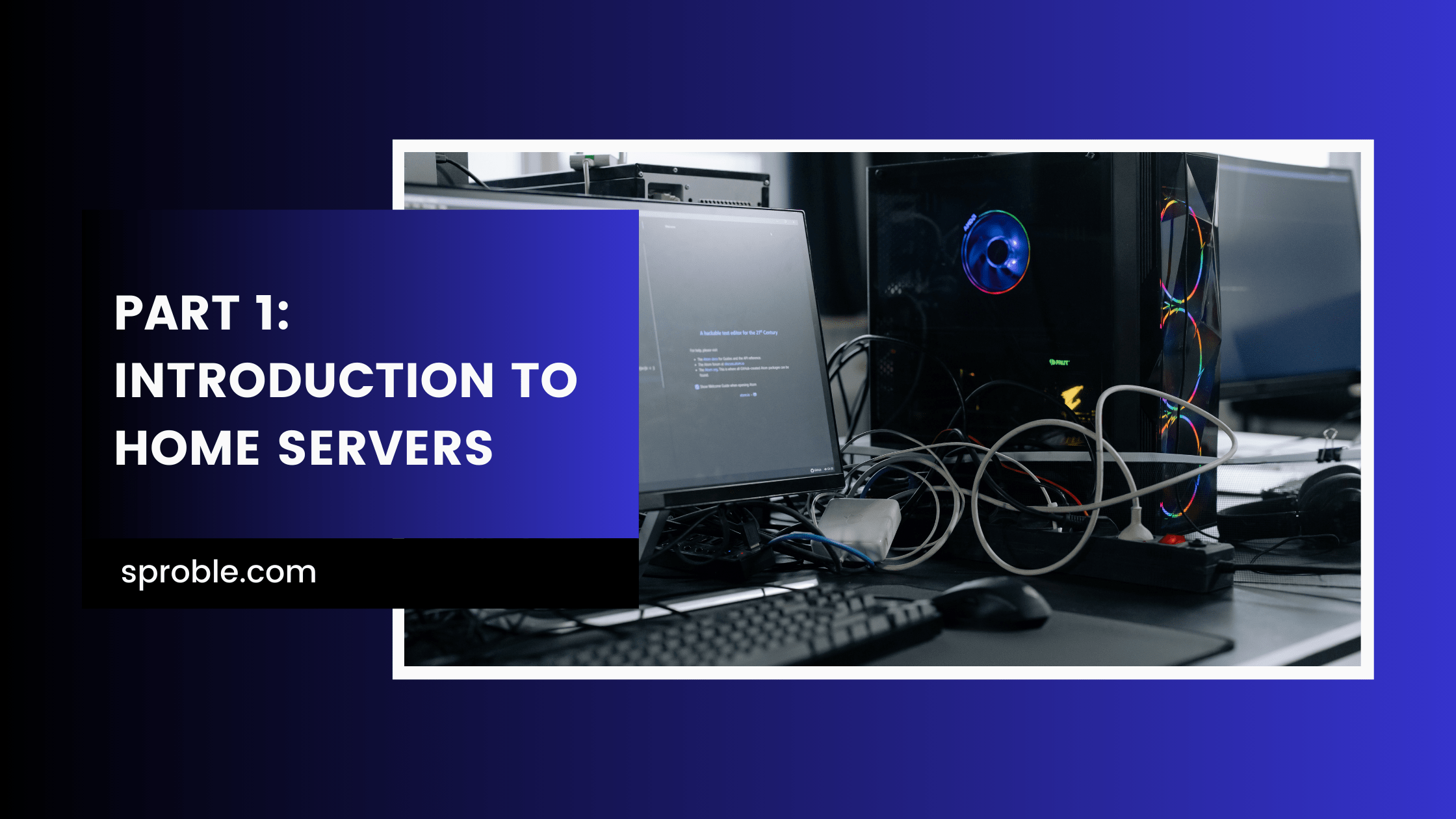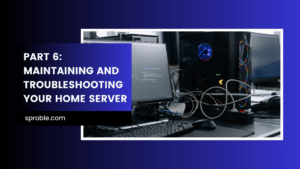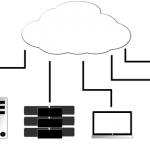What is a Home Server?
In the age of digital abundance, the concept of a home server has evolved from a niche interest into a practical solution for managing digital life. A home server, fundamentally, is a computer system within a home that provides file and application services over a network.
Unlike standard personal computers, home servers are designed to be always on, offering continuous service to other devices like computers, smartphones, and smart home devices within the household.
Purpose and Capabilities
The core purpose of a home server is to centralize data and services, making them accessible across multiple devices. This centralization offers unparalleled convenience and efficiency in managing digital assets.
The capabilities of home servers extend far beyond mere file storage. They can serve as media centers, hosting movies, music, and photos and streaming them to any device in your home. They can manage downloads, automate backups, and even host websites and personal cloud services.
Advanced users might leverage home servers for more sophisticated tasks such as hosting game servers, running virtual machines for software development or testing, and integrating home automation systems to manage smart devices. The adaptability of home servers means they can be tailored to fit almost any need, from the simplest file storage solutions to complex, multi-role systems.
Real-world Scenarios
To illustrate the practicality of home servers, consider these scenarios:
- Media Streaming: Transform your living space into a personal cinema. A home server can store your entire movie and TV show library, streaming content directly to your television, tablet, or smartphone without the need for physical discs or external drives.
- File Storage and Sharing: Create a centralized repository for your digital documents, photos, and projects. Access or share files across devices without relying on third-party cloud services, ensuring privacy and reducing subscription costs.
- Smart Home Hub: Centralize control of smart home devices. Use your server to automate tasks like adjusting lighting based on time of day, managing security cameras, and optimizing energy use.
- Personal Cloud: Access your files from anywhere in the world. With the right setup, your home server can offer the same convenience as commercial cloud services but with greater control over your data.
These scenarios underscore the versatility and utility of home servers, demonstrating their value in a digitally interconnected home.
Benefits of Building Your Own Home Server
Choosing to build your own home server comes with a host of benefits, tailored to enhancing your digital independence and control.
Cost Savings
One of the most immediate benefits is the potential for significant cost savings. By hosting your own files and services, you can reduce or eliminate the need for paid cloud storage and streaming services.
The initial investment in hardware can be offset by these savings over time, especially if you opt to repurpose existing computer equipment.
Customization and Scalability
Commercial cloud solutions offer convenience but often at the expense of flexibility. A home server, on the other hand, can be fully customized to suit your specific needs.
Whether you require massive storage capacity for a media library, specialized software for home automation, or robust security features for sensitive data, you can build a server that fits your requirements exactly. Furthermore, as your needs evolve, your server can be upgraded and expanded to meet new demands.
Privacy
In an era where data privacy is a growing concern, a home server offers a sanctuary for your digital life. By storing your data on your own server, you retain full control over who accesses it and how it’s used. This autonomy is particularly appealing for those wary of entrusting personal information to third-party cloud providers.
Learning Opportunities
Building and maintaining a home server presents a valuable learning experience. It offers hands-on exposure to networking, system administration, and information security concepts.
This knowledge is not only practical in managing your own server but also enriches your understanding of the digital world, potentially opening doors to new hobbies or career paths.
This first segment of our series has laid the groundwork for understanding the essence and advantages of home servers. As we proceed, we’ll delve into the practical steps of planning, building, and optimizing your home server to harness these benefits fully. Stay tuned for the next installment, where we’ll explore how to choose the right hardware for your home server, balancing performance, cost, and energy efficiency to achieve the perfect setup for your needs.







